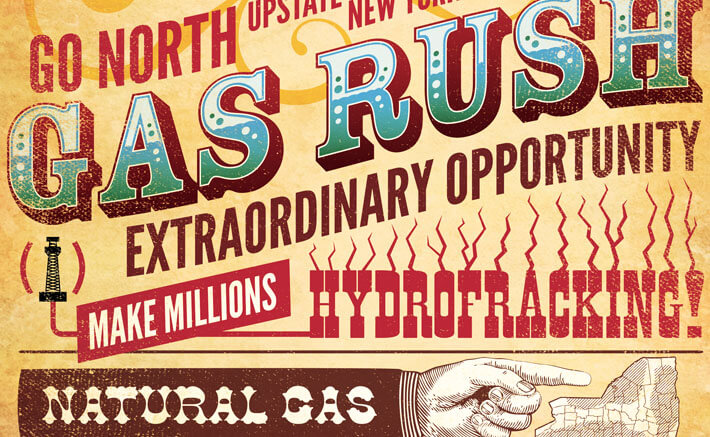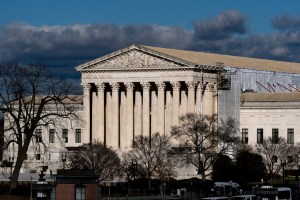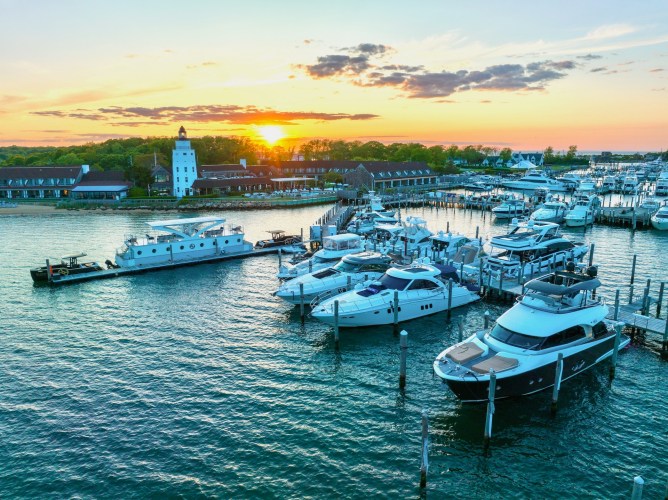“This report strikes the right balance between protecting our environment, watersheds, and drinking water and promoting economic development,” DEC Commissioner Joseph Martens announced upon its release.
That’s economic development in the form of jobs and boosted salaries in rural areas that could use it. Residents of rural New York, with land sitting atop a potential gold mine, are suddenly barraged by strangers asking to lease their land for up to thousands of dollars per acre. They offer a promise of easy money. It’s safe, these companies assure them. It will create jobs and revitalize the area and leave us less dependent on foreign oil. It’s cleaner. It seems like a good idea. Even the governor thinks so.
“The DEC’s decision was based on rigorous testing, research, facts and science, not politics or ideology on the issue,” Gov. Andrew Cuomo said in a statement last month upon receiving an early copy of the DEC analysis. ”The reports come after tens of thousands of work-hours by dozens of professional experts. We have appointed a highly credible panel of nationally recognized experts to help guide this process going forward and monitor future regulation and oversight. I will continue to review the report and I trust the professionals at DEC to carry through the public review process to its appropriate completion.”
Cuomo did not return multiple calls seeking comment for this story.
But trust is a tricky word these days. In the Gulf of Mexico, despite so-called precautions and assurance from the gas and oil industry, failure at one well last April led to a global catastrophe. (Deepwater Horizon/BP Oil Spill, anyone?) And though Long Island does not sit atop the precious ancient shale beds, the controversial process is at the forefront of many local environmentalists and activists’ minds.
Critics are concerned about wastewater, spills, groundwater contamination, and air pollution. They say this newfound boom will be short-lived and destroy the area both environmentally and financially. And just like it was back in 1849, there are few rules governing the “rush.” Consequently, the Wild West is coming very close to becoming the Wild East.
“This is a major policy shift for New York,” warns Adrienne Esposito, executive director of nonprofit Citizens Campaign for the Environment (CCE), with offices in Farmingdale, Albany, White Plains, Syracuse, Buffalo and Hamden, Conn. “It trades air and water resources for energy!”




























